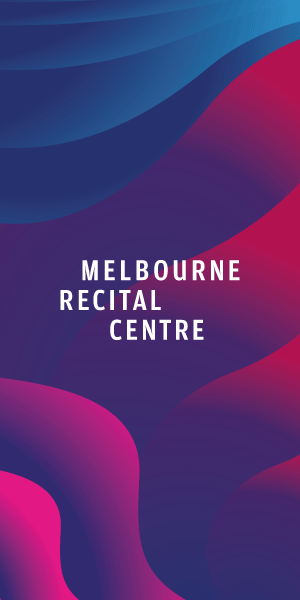Councillor Roshena Campbell returns after “disappointing” by-election defeat; would not have voted to back Voice
After defeat in an historic Federal by-election, City of Melbourne councillor Roshena Campbell spoke with Inner City News News about the result, the Voice to Parliament, and voting against the Lord Mayor.
Returning Cr Roshena Campbell plans to see out the council term after defeat in an historic Federal by-election, and has revealed she would not have joined fellow councillors in voting to support an Indigenous Voice to Parliament.
Selected as the Liberal Party candidate for the April 1 by-election in Aston, a Federal seat in Melbourne’s east vacated by Alan Tudge, Cr Campbell and the party suffered a famous defeat to the Labor government.
The result marked the first time in 103 years that a sitting government had won a seat from the opposition in a by-election.
Following an unpaid leave of absence leading into the election, and after previously vying for Liberal pre-selection in the seat of Casey in November 2021, Cr Campbell said she now planned to remain as councillor until the next City of Melbourne election in late 2024.
“It was a disappointing result,” she said of the Aston loss.
But I’m obviously delighted to come back to the City of Melbourne and continue my work here for the remainder of the council term … so no intentions to put my hand up at the moment. It was a privilege to be a candidate in that by-election but I’m conscious of the work we’ve got to achieve in Melbourne.
During her absence, City of Melbourne councillors voted to back the “yes” campaign in the lead up to a referendum on the Aboriginal and Torres Strait Islander Voice to Parliament.
The move saw it become the first capital city council to “adopt a firm position on the Voice” according to Lord Mayor Sally Capp, ahead of Australia’s first referendum since 1999 later this year.
While she did not wish to comment on the debate given she was not in the council chamber, Cr Campbell confirmed with Inner City News that she would have voted against the motion at the March 21 Future Melbourne Committee meeting.
She did, however, say she believed council resources were better spent addressing local issues rather than national ones.
My position has generally been when it comes to advocacy on these issues — we had the debate about changing the date of Australia Day and I opposed the council doing that — that there are significant challenges that are within our remit; making sure the city is clean, keeping rates down, supporting small business and making sure that we provide to keep the city moving
“So, my focus is very much about those things that local government needs to do, and making sure we get that right.”
Cr Campbell was elected on the Lord Mayor’s ticket as part of “Team Capp” at the 2020 City of Melbourne election.
However, she has found herself voting along different lines to the Lord Mayor on a number of key issues this council term, namely when she voted against plans for a safe injecting facility in the CBD, changing the date of Australia Day, and perhaps most notably against the city’s rollout of protected cycling lanes.
Cr Campbell’s continued criticism of bike lanes and what she termed “anti-car measures” at Town Hall eventually saw her removed as deputy chair of the council’s transport portfolio.
“I think one of the great things about this country, and we see it even at the local government level, is that we have a robust democracy. We have debate in the council chamber, and I think we owe it to ratepayers to have that robust debate. They want a group of councillors that are going to bring independence and scrutiny to the decisions being made, so I’m very proud to do that.”
She did not say whether this had caused friction or impacted her relationship with the Lord Mayor.
“The Lord Mayor and I work together day in, day out to achieve things for the city but there will be times when we disagree and there’s been notable examples of that.”
Since being removed from the transport role, Cr Campbell’s sole portfolio is that as chair of City Activation, which has focused on supporting small businesses and attracting new ones.
She was determined to make Melbourne “the easiest place to do business” by reducing red tape and enticing businesses to establish their headquarters in the city.
While the city and particularly the CBD had bounced back strongly on weekends and evenings, which had seen a strong rise in foot traffic, Cr Campbell said there was work to do outside of those times.
“I think the city has shown incredible resilience post-COVID, but I know for a lot of small business owners the past few years have been an incredible struggle and the job of us as council is providing them with what they need … I know events have played a huge part in getting the return of visitors and we’ve seen pedestrian traffic skyrocket during event periods, but we also need to make sure that we have a long-term plan to grow both the daytime and night-time economy.” •

Bottega Tasca: Carlton’s go-to fine wine boutique







 Download the Latest Edition
Download the Latest Edition